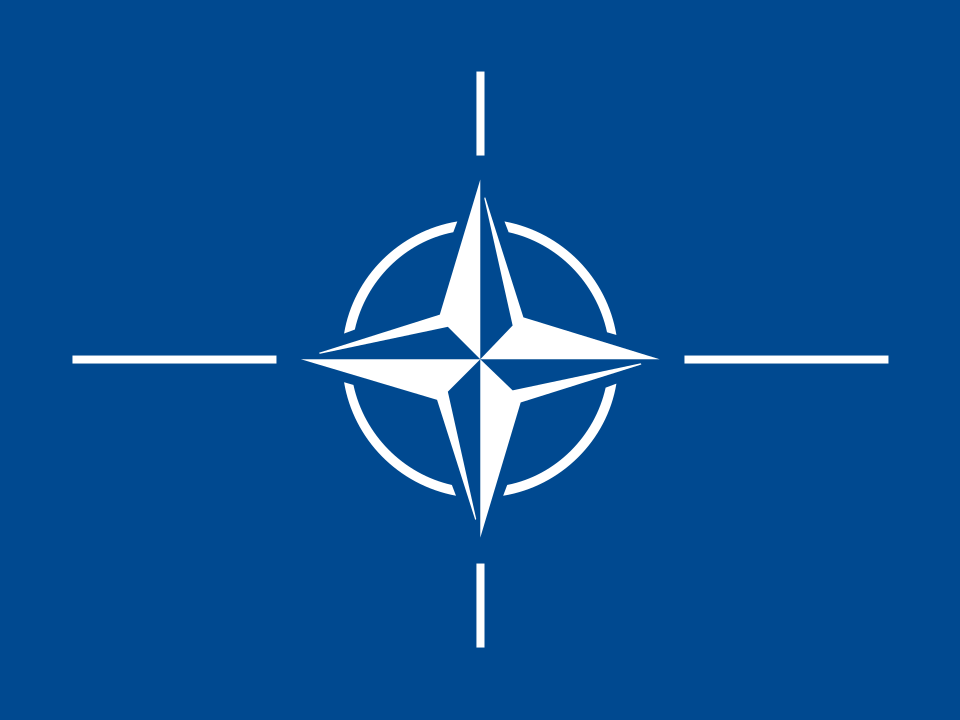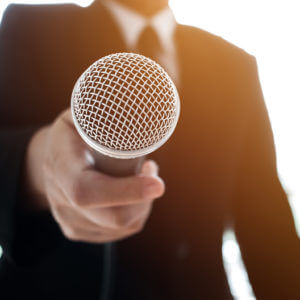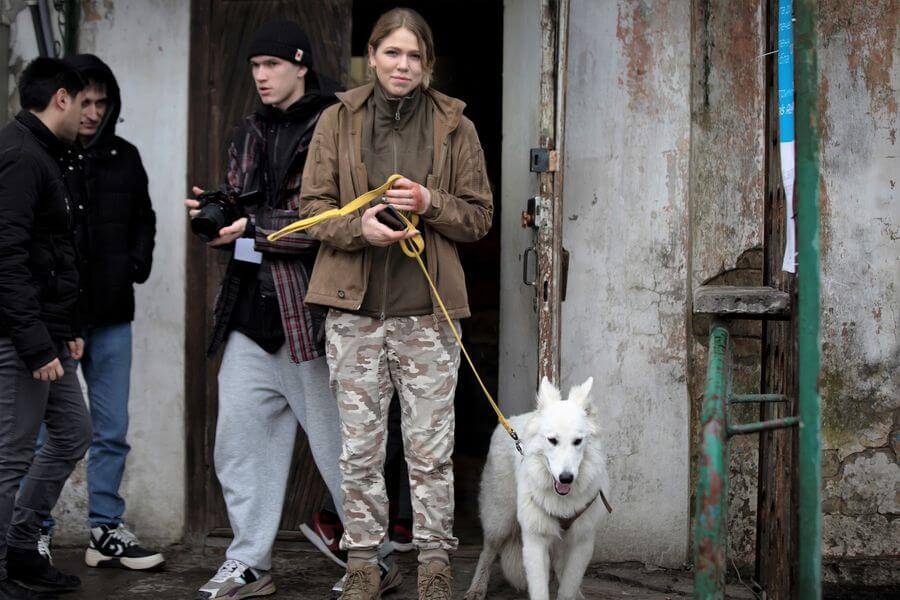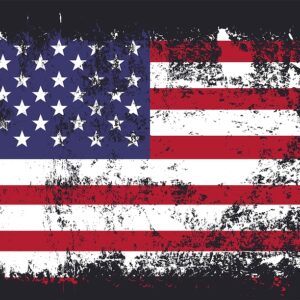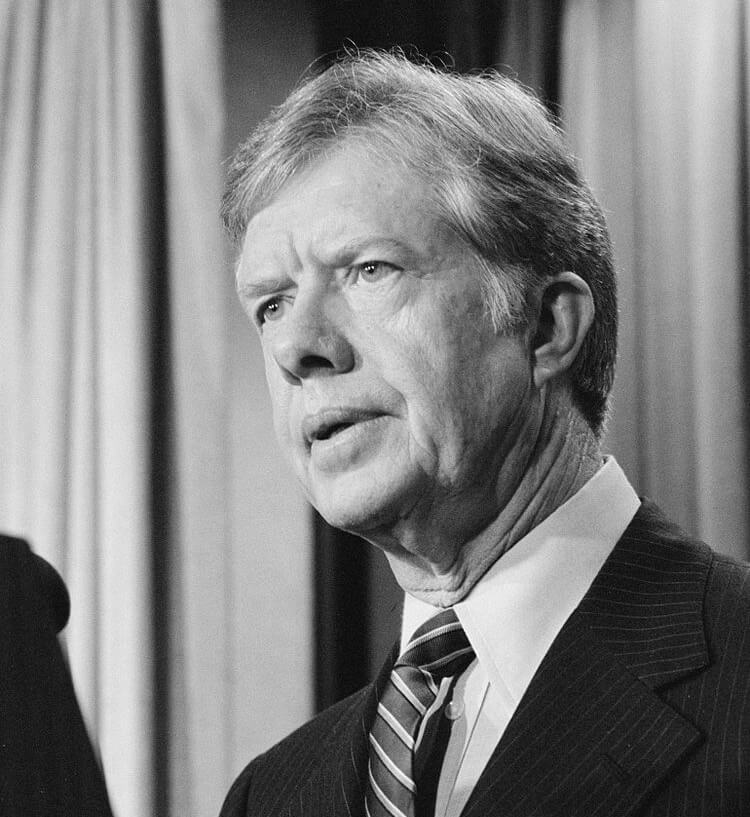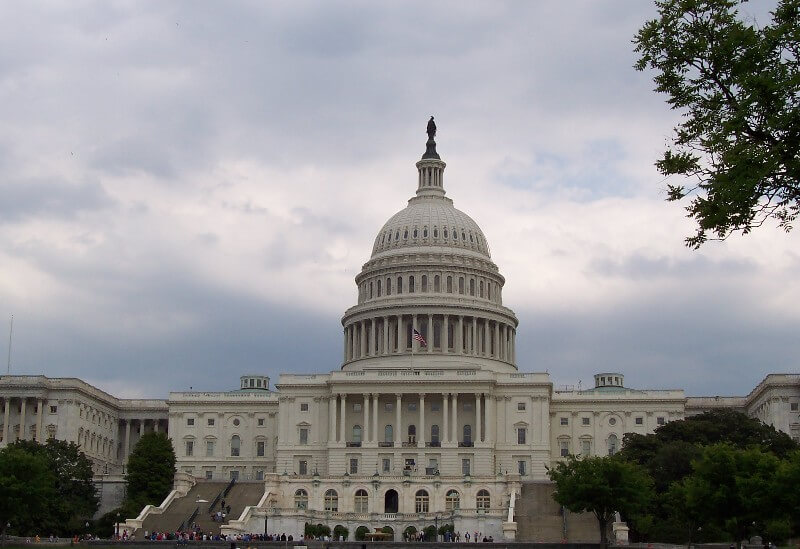President-elect Donald Trump is “putting a bit of stick about.”
That is a British expression which means as it sounds to stir up trouble. In sports, like rugby, it means to play more aggressively. In politics, it can mean to stir up trouble for trouble’s sake.
Aficionados of UK television will remember when, in the BBC version of “House of Cards,” the prime minister turns to an aide and says with evil relish, “Put a bit of stick about.”
Trump is causing distress, even shock, in the capitals of the North Atlantic Treaty Organization, possibly the most effective alliance the world has ever known. NATO has been a force for peace since the end of World War II.
Concomitantly, it can be surmised, Trump’s press conference at Mar-a-Largo thrilled the capitals of China, Russia, North Korea, and Iran. It would appear to them that NATO is coming apart and what used to be called the free world is eating its own.
Trump told Denmark that he might invade Greenland, Panama likewise, and Canada that he would use economic measures to compel it to become the 51st state.
Trump’s final bit of stick, if you will, was to suggest renaming the Gulf of Mexico, presumably to infuriate Mexicans for no better reason than so many of them have migrated illegally to the United States. Pique, just pique, Mr. President-elect.
Allies and defenders of Trump have rushed to his side, largely depending on their lack of a grip on geopolitical reality or because they believe that he must be right because he is their man, their leader, their sage and America’s savior.
Just how are U.S. interests being served by roiling our two large, friendly neighbors with whom we have lived amicably since the end of the hostilities in the War of 1812 for Canada, and the end of the Mexican-American War in 1848 for Mexico?
Trump was enthusiastic about that friendship when he tore up the North American Free Trade Agreement and replaced it proudly with a similar agreement, the United States, Canada, Mexico Agreement, in July 2020, during his first administration.
One can imagine a foolish campaign to seize Greenland, which would tear NATO asunder and give Russia an incentive to invade the Baltic states and, with Europe off balance, to finally win Ukraine.
One could see some future American president eyeing the wreckage and saying, as Richard III wails pathetically in Shakespeare’s play, “A horse, a horse, my kingdom for a horse,” “Europe for Greenland.”
One can imagine Chinese President Xi Jinping taking any U.S. hostile move against a neighbor in North America as an invitation to take Taiwan.
One could go on, imagining Iran launching a full land war against Israel, and Israel responding with nuclear weapons. Or Central and South America, uniting in hostility to the United States, helping their drug gangs to surge fentanyl into the United States via drones and tunnels.
The Panama Canal is a vital waterway, and Americans did build it after the French failed. Since the full transfer of the canal in 1999, in accordance with the Torrijos-Carter Treaties of 1977, which guaranteed its neutrality, mostly things have worked well. Yes, China has invested in Panama and the canal, but that is no secret. That was going on, as were other Chinese investments worldwide, during the first Trump administration.
The Chinese do operate two terminals on the canal, but they need the revenue from world shipping, just like any other business along the canal.
The canal remains in our backyard, under surveillance. Interfering with its operations would be an act of war by any country.
If Panama is overcharging U.S. shipping, negotiate.
Leave Canada alone. It is our great asset to the north, our kith and kin in democracy and capitalism. Canadians are not a subjugated people, longing to have two senators and about 60 representatives on the Potomac.
Putting a bit of stick about can be some fun. But take it too far and it becomes vandalism.
